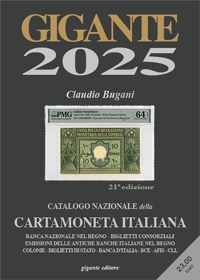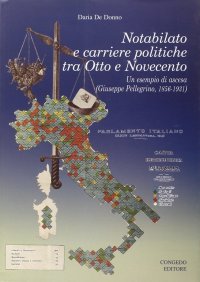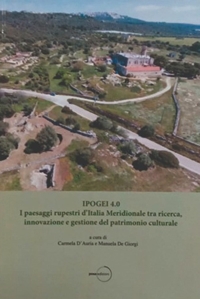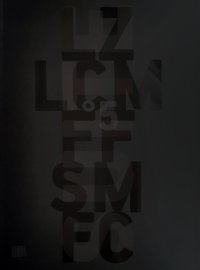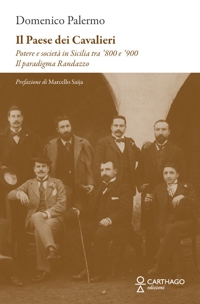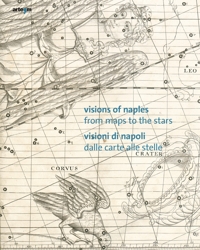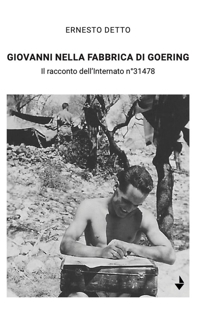Il ritratto equestre di giovan carlo doria e palazzo spinola di pellicceria al tempo di rubens
A cura di Zanelli Gianluca.
Genova, 2023; br., pp. 240, ill. b/n e col., cm 17x24.
prezzo di copertina: € 35.00
|
Libri compresi nell'offerta:
Il ritratto equestre di giovan carlo doria e palazzo spinola di pellicceria al tempo di rubens
A cura di Zanelli Gianluca.
Genova, 2023; br., pp. 240, ill. b/n e col., cm 17x24.
OMAGGIO (prezzo di copertina: € 35.00)
Valerio Castello.
Torino, 2008; ril., pp. 301, ill. b/n, 28 tavv. col., cm 21,5x31.
(Archivi di Arte Antica).
OMAGGIO (prezzo di copertina: € 45.00)
L'Eredità Donata. Franco e Paolo Spinola e la Galleria di Palazzo Spinola
Genova, Palazzo Spinola, 5 febbraio - 24 maggio 2009.
Genova, GALLERIA NAZIONALE DI PALAZZO SPINOLA, 6 febbraio - 24 maggio 2009.
A cura di Simonetti F.
Torino, 2009; br., pp. 149, ill. b/n e col., tavv., cm 17x22.
OMAGGIO (prezzo di copertina: € 22.00)
Flying Panels. How Concrete Panels Changed the World
DOM Publishers
A cura di Alonso P. I. e Palmarola H.
Testo Inglese.
Berlin, 2019; br., pp. 264, 300 ill. col., cm 17x24.
ISBN: 3-86922-563-7 - EAN13: 9783869225630
Soggetto: Architettura e Arte Civile
Testo in: 
Peso: 0.79 kg
This publication accompanies the exhibition Flying Panels (18 October 2019 - 1 March 2020) curated by Pedro Ignacio Alonso and Hugo Palmarola, presented at ArkDes - The Swedish Centre for Architecture and Design. With essays by Michael Abrahamson, Jimena Castillo, Adrian Forty, Boris Groys, Maria Lind, Jennifer Mack, Philipp Meuser, Natalya Solopova, Erik Stenberg, and Christine Varga-Harris.
Quante strade. Bob Dylan e il mezzo secolo di «Blowin'in the wind»
La Dimora di Penelope. Itaca: appunti di una storia archeologica











